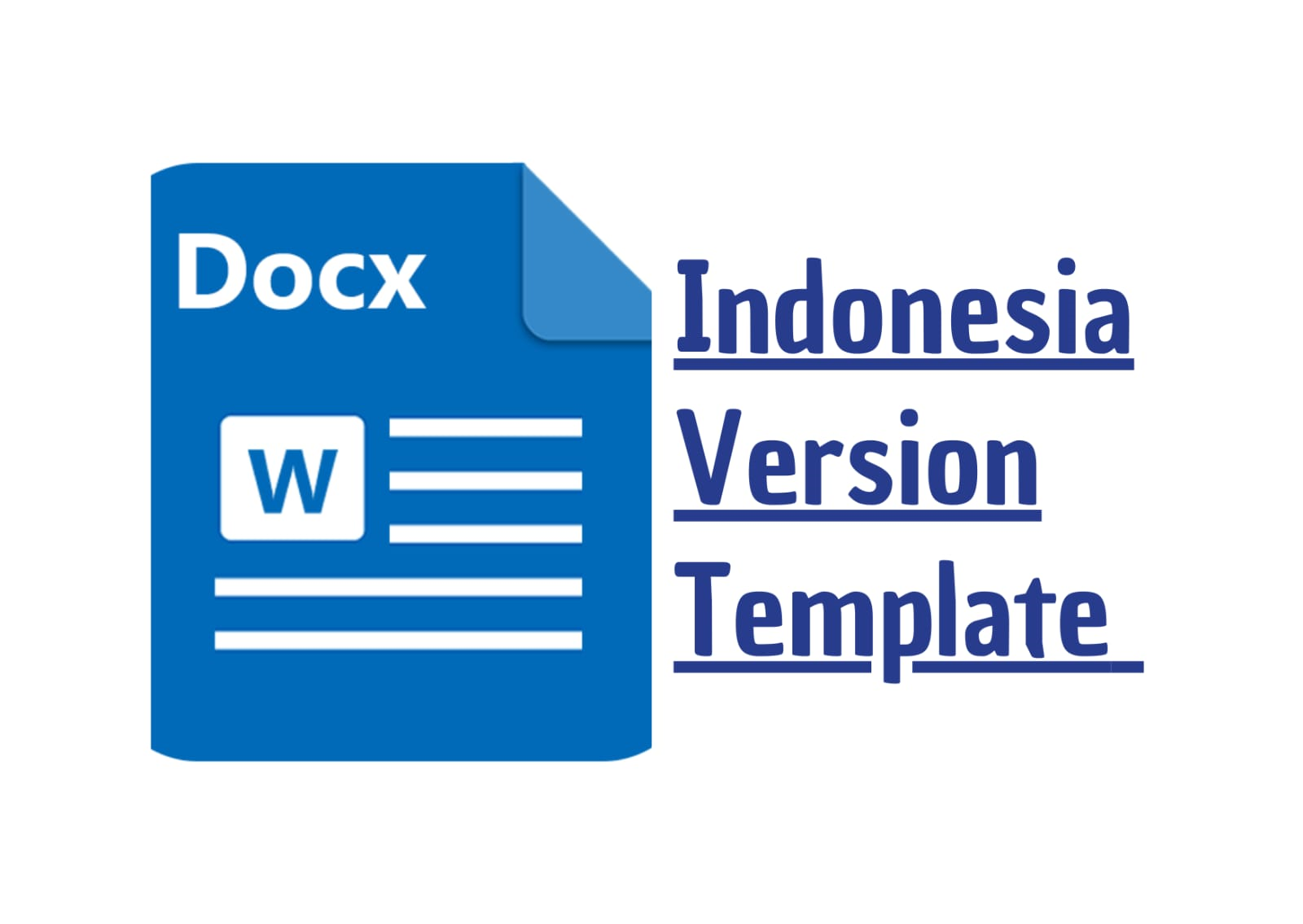Improving Food Security through Climate-Smart Farming and Readiness for Disasters
DOI:
https://doi.org/10.56799/jim.v3i9.4808Keywords:
Food Security, Climate-Smart Farming, Readiness for DisastersAbstract
This research investigates how residents, government officials, and farmers in Tangerang City, Banten, Indonesia perceive temperature, precipitation, and food security. By combining quantitative survey data with qualitative insights through a mixed-methods approach, a holistic view of stakeholder perspectives is achieved. Findings reveal that farmers have higher mean perceptions across all variables, indicating their heightened awareness and proactive stance toward climate-related challenges. Government officials also demonstrate consistent awareness of temperature and precipitation issues, reflecting their professional engagement. Residents exhibit diverse experiences and awareness levels, suggesting varying community perceptions
Major disparities in understanding underscore the necessity of varied perspectives in tackling climate problems. Recommendations consist of expanding participant numbers, examining various data sets, enhancing the blend of qualitative and quantitative methodologies, engaging stakeholders throughout the research process, and fostering partnerships across fields for well-informed decision-making
Downloads
References
Asare-Nuamah, P. (2021). Climate variability, subsistence agriculture and household food security in rural Ghana. Heliyon, 7(4), e06928. https://doi.org/10.1016/j.heliyon.2021.e06928
ASEAN. (2022). ASEAN Framework on Anticipatory Action in Disaster Management. Retrieved from www.asean.org
ASEAN Secretariat. (2021). ASEAN State of Climate Change Report. 01, 03(2024), 1–167.
BKP. (2020). Panduan Penyusunan Peta Ketahanan dan Kerentanan Pangan. Bkp, 1–77.
Briones Alonso, E., Cockx, L., & Swinnen, J. (2018). Culture and food security. Global Food Security, 17(July 2017), 113–127. https://doi.org/10.1016/j.gfs.2018.02.002
Chao, K. (2024). Family farming in climate change: Strategies for resilient and sustainable food systems. Heliyon, 10(7), e28599. https://doi.org/10.1016/j.heliyon.2024.e28599
Duchenne-Moutien, R. A., & Neetoo, H. (2021). Climate change and emerging food safety issues: A review. Journal of Food Protection, 84(11), 1884–1897. https://doi.org/10.4315/JFP-21-141
El Bilali, H., Strassner, C., & Ben Hassen, T. (2021). Sustainable agri‐food systems: Environment, economy, society, and policy. Sustainability (Switzerland), 13(11), 1–67. https://doi.org/10.3390/su13116260
FAO. (2021). The impact of disasters and crises on agriculture and food security: 2021. Rome. https://doi.org/10.4060/cb3673en.
Gardner, A. S., Gaston, K. J., & Maclean, I. M. D. (2021). Combining qualitative and quantitative methodology to assess prospects for novel crops in a warming climate. Agricultural Systems, 190(February), 103083. https://doi.org/10.1016/j.agsy.2021.103083
Hellin, et al. (2023). Transformative adaptation: from climate-smart to climate-resilient agriculture. CABI Agriculture and Bioscience, 4(1), 1–8. https://doi.org/10.1186/s43170-023-00172-4
Istiawan, D., Wulandari, R., & Sulastri. (2023). Mapping of Social Vulnerability to Natural Hazards in Geodemographic Analysis Using Fuzzy Geographically Weighted Clustering. Scientific Journal of Informatics, 10(4), 413–422. https://doi.org/10.15294/sji.v10i4.47418
Jurczyk, A., Szturc, J., Otop, I., Ośródka, K., & Struzik, P. (2020). Quality-based combination of multi-source precipitation data. Remote Sensing, 12(11). https://doi.org/10.3390/rs12111709
Kahsay, H. T., Guta, D. D., Birhanu, B. S., Gidey, T. G., & Routray, J. K. (2019). Farmers’ Perceptions of Climate Change Trends and Adaptation Strategies in Semiarid Highlands of Eastern Tigray, Northern Ethiopia. Advances in Meteorology, 2019. https://doi.org/10.1155/2019/3849210
Kedir, N., Coninx, I., Vonk, R., Tefera, T., Descheemaeker, K., & Hutjes, R. (2020). Handbook of Climate Change Management. In Handbook of Climate Change Management. https://doi.org/10.1007/978-3-030-22759-3
Khan, N. dkk. (2022). Connecting digital literacy in higher education to the 21st century workforce Nasreen Khan Abdullah Sarwar Tan Booi Chen Recommended citation : Connecting digital literacy in higher education to the 21st century workforce Nasreen Khan Abdullah Sarwar * Ta. 14(1), 46–61.
Latkin, et al. (2024). ‘They Talk about the Weather, but No One Does Anything about It’: A Mixed-Methods Study of Everyday Climate Change Conversations. International Journal of Environmental Research and Public Health, 21(3), 279. https://doi.org/10.3390/ijerph21030279
Loboguerrero, A. M., Campbell, B. M., Cooper, P. J. M., Hansen, J. W., Rosenstock, T., & Wollenberg, E. (2019). Food and earth systems: Priorities for climate change adaptation and mitigation for agriculture and food systems. Sustainability (Switzerland), 11(5). https://doi.org/10.3390/su11051372
Mairura, F. S., Musafiri, C. M., Kiboi, M. N., Macharia, J. M., Ng’etich, O. K., Shisanya, C. A., … Ngetich, F. K. (2021). Determinants of farmers’ perceptions of climate variability, mitigation, and adaptation strategies in the central highlands of Kenya. Weather and Climate Extremes, 34, 100374. https://doi.org/10.1016/j.wace.2021.100374
Morgan, A. et al. (2022). Digital demand and digital deficit: conceptualising digital literacy and gauging proficiency among higher education students. Journal of Higher Education Policy and Management, 44(1), 1–18. https://doi.org/10.1080/1360080X.2022.2030275
Naeem, M., Ozuem, W., Howell, K., & Ranfagni, S. (2023). A Step-by-Step Process of Thematic Analysis to Develop a Conceptual Model in Qualitative Research. International Journal of Qualitative Methods, 22, 1–18. https://doi.org/10.1177/16094069231205789
Noyes, J., Booth, A., Moore, G., Flemming, K., Tunçalp, Ö., & Shakibazadeh, E. (2019). Synthesising quantitative and qualitative evidence to inform guidelines on complex interventions: Clarifying the purposes, designs and outlining some methods. BMJ Global Health, 4(Supplement1). https://doi.org/10.1136/bmjgh-2018-000893
Oktari, R. S., Dwirahmadi, F., Gan, C. C. R., Darundiyah, K., Nugroho, P. C., Wibowo, A., & Chu, C. (2022). Indonesia’s Climate-Related Disasters and Health Adaptation Policy in the Build-Up to COP26 and Beyond. Sustainability (Switzerland), 14(2), 1–17. https://doi.org/10.3390/su14021006
Quinlivan, L., & Dunphy, N. (2023). A Mixed-Methods Approach to Climate Action Planning. International Journal of Qualitative Methods, 22, 1–12. https://doi.org/10.1177/16094069221150107
Tjilen, A. P., Tambaip, B., Dharmawan, B., Adrianus, Riyanto, P., & Ohoiwutun, Y. (2024). Engaging stakeholders in policy decision-making for food security governance: Identification, perception, and contribution. Corporate Governance and Organizational Behavior Review, 8(1), 144–154. https://doi.org/10.22495/cgobrv8i1p12
Yeleliere, E., Antwi-Agyei, P., & Guodaar, L. (2023). Farmers response to climate variability and change in rainfed farming systems: Insight from lived experiences of farmers. Heliyon, 9(9), e19656. https://doi.org/10.1016/j.heliyon.2023.e19656
Zhu, W., Wang, S., Luo, P., Zha, X., Cao, Z., Lyu, J., … Nover, D. (2022). A Quantitative Analysis of the Influence of Temperature Change on the Extreme Precipitation. Atmosphere, 13(4), 1–15. https://doi.org/10.3390/atmos13040612
Downloads
Published
How to Cite
Issue
Section
License
Copyright (c) 2024 Diana Silaswara, Yopie Chandra, Harisa Mardiana, Putri Lenggo Gini

This work is licensed under a Creative Commons Attribution-ShareAlike 4.0 International License.




















